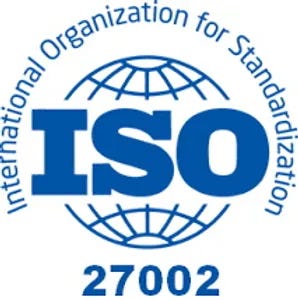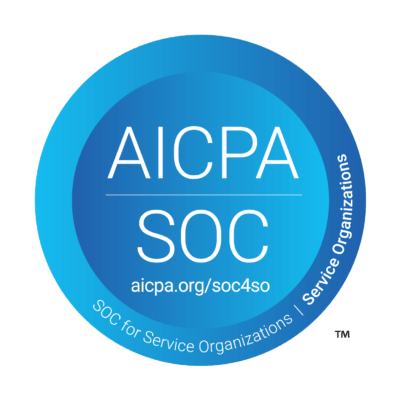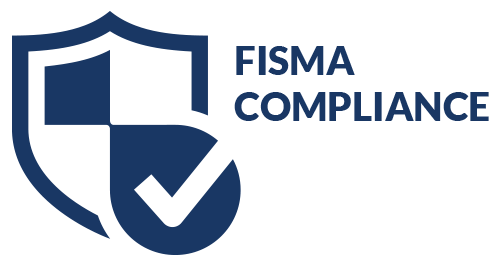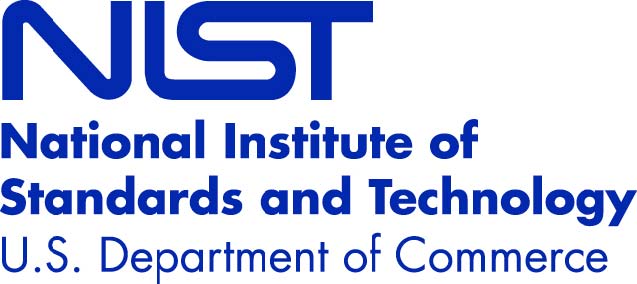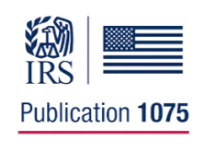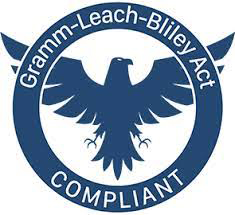Maintaining A/R during a HIS conversion is very difficult without an external partner.
Converting and migrating data from any legacy platform can be a nightmare. But in the complicated world of healthcare, the conversion can be even more difficult. Accounts receivables (A/R) is not something you can postpone while the conversion is happening, so how will you pull this off?
This post talks about the A/R problems that can develop during the conversion process from a legacy system to a modern health information system (HIS) and gives healthcare information managers some tools they can use to ease this transition without taking a revenue cycle hit.
Debt Collection During HIS Conversions
“Hospital staff who attempt to handle A/R themselves often regret it. Using an experienced partner ensures hospitals receive A/R work down before system conversion happens so that old receivables are removed from the old host. It speeds the process of moving from legacy systems into a data archiving solution. The A/R work down vendor also will conduct data validation to ensure everything maps accordingly.” ~~~ Becker’s Hospital Review
Ensuring that cash collections stay stable during a technology transition is the icing on a very intense multi-layered cake. We know that deploying a more integrated HIS is a necessary part of adapting to today’s value-centric healthcare models. Legacy platforms simply cannot handle automated workflows and process improvement that will be crucial to future reimbursement models. But taking care of business during the switchover is hard.
Understanding the need for a more modern interface between data exchanges is one thing, but conducting collections or other standard A/R tasks during this process is unwieldy. We’ve found that debt collection is one of the areas where hospitals frequently decline in performance before, during, and after the go-live date. In debt collections, where the length of the past due balance always affects the outcome, this is particularly troublesome.
Working in tandem with a debt collection agency, a hospital can ensure that A/R will be maintained during a time of technology transition.
Many times, little or no attention is paid to collecting on older accounts during a HIS conversion because the focus is naturally on the transition itself. In the meantime, some of these debts may be overlooked and never collected because the hospital does not have the time and/or staff to keep up with everything that needs attention, including:
- Maintaining cash flow both pre- and post-conversion.
- Delegating workflows and staff to work the current A/R.
- Planning and then implementing the transition.
- Training and testing staff.
- Decommissioning the legacy platform and storing old data.
Outsourcing debt collection to a trusted and experienced partner during HIS transition will ensure that as many old receivables are removed as possible before the conversion. The idea is to clean the slate as much as possible instead of converting “bad” A/R from old accounts to the new system. The debt collection agency can, in effect, help scrub old data and map the remaining A/R properly to the new HIS. Then the debt collection agency can work in tandem with your staff to continue to smooth the transition in a process that, literally, pays for itself.
TSI has decades of experience working directly with healthcare organizations to improve their bottom line. We are particularly skilled in helping you maintain A/R during technology transitions. To learn more about healthcare debt collection, contact us.
Want to learn more about TSI? Fill out the form and a TSI representative will contact you shortly.
